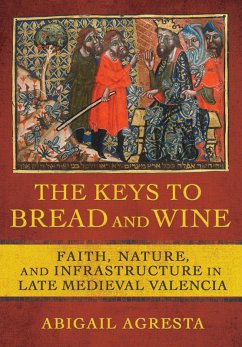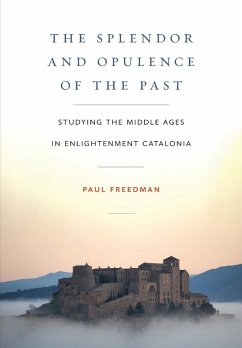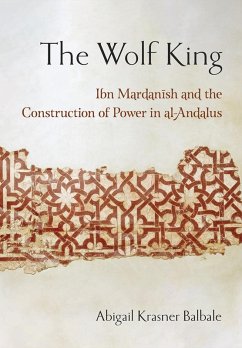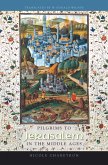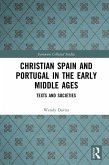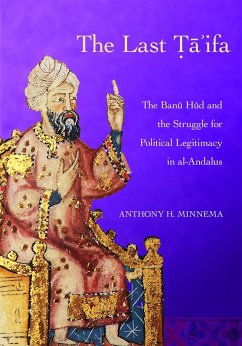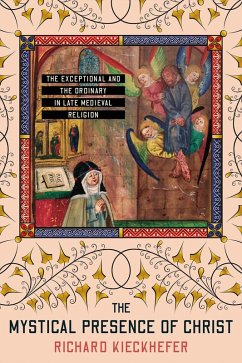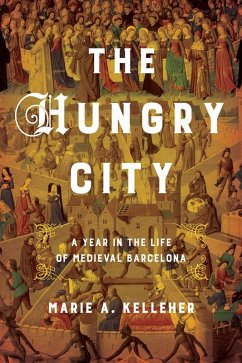How did medieval people think about the environments in which they lived? In a world shaped by God, how did they treat environments marked by religious difference? The Keys to Bread and Wine explores the answers to these questions in Valencia in the later Middle Ages. When Christians conquered the city in 1238, it was already one of the richest agricultural areas in the Mediterranean thanks to a network of irrigation canals constructed under Muslim rule. Despite this constructed environment, drought, flooding, plagues, and other natural disasters continued to confront civic leaders in the later medieval period.
Abigail Agresta argues that the city's Christian rulers took a technocratic approach to environmental challenges in the fourteenth century but by the mid-fifteenth century relied increasingly on religious ritual, reflecting a dramatic transformation in the city's religious identity. Using the records of Valencia's municipal council, she traces the council's efforts to expand the region's infrastructure in response to natural disasters, while simultaneously rendering the landscape within the city walls more visibly Christian. This having been achieved, Valencia's leaders began by the mid-fifteenth century to privilege rogations and other ritual responses over infrastructure projects. But these appeals to divine aid were less about desperation than confidence in the city's Christianity. Reversing traditional narratives of technological progress, The Keys to Bread and Wine shows how religious concerns shaped the governance of the environment, with far-reaching implications for the environmental and religious history of medieval Iberia.
Abigail Agresta argues that the city's Christian rulers took a technocratic approach to environmental challenges in the fourteenth century but by the mid-fifteenth century relied increasingly on religious ritual, reflecting a dramatic transformation in the city's religious identity. Using the records of Valencia's municipal council, she traces the council's efforts to expand the region's infrastructure in response to natural disasters, while simultaneously rendering the landscape within the city walls more visibly Christian. This having been achieved, Valencia's leaders began by the mid-fifteenth century to privilege rogations and other ritual responses over infrastructure projects. But these appeals to divine aid were less about desperation than confidence in the city's Christianity. Reversing traditional narratives of technological progress, The Keys to Bread and Wine shows how religious concerns shaped the governance of the environment, with far-reaching implications for the environmental and religious history of medieval Iberia.
Dieser Download kann aus rechtlichen Gründen nur mit Rechnungsadresse in A, D ausgeliefert werden.

